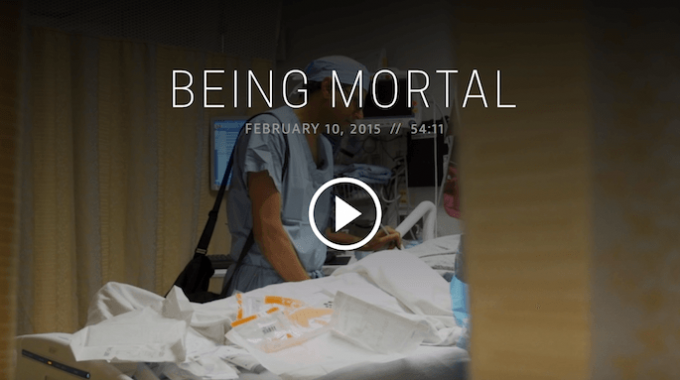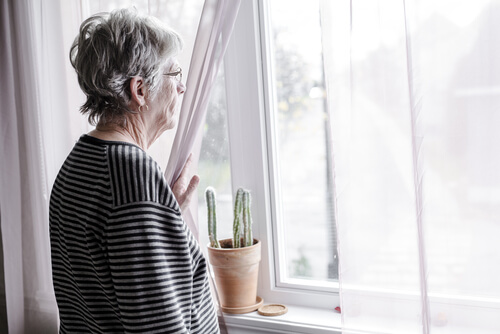
Hospice Caregiver Burnout: How Can it Be Prevented?
Administrators and managers of hospice centers understand the challenges their nurses and staff face as part of their work. Chief among their concerns is how to keep a hospice caregiver motivated and engaged in their work, which is to provide meaningful, quality care to those facing life-limiting illness. While many of the rewards associated with providing such care to patients and their families are intrinsic, they are sometimes not enough to keep workers from experiencing emotional distress over time, which manifests as burnout. Burnout among caregivers is a prevalent issue in hospice, as well as healthcare in general. As of today, a comprehensive solution has yet to emerge.
A Hospice Caregiver Is At Risk of Burnout
Every profession carries with it a risk of burnout. Long hours, stress, and work demands are commonly cited as the cause of worker burnout. With hospice, these issues exist like any other line of work, but with the added emotional burden associated with caring for the dying day in and day out. A study recently published in the American Journal of Hospice and Palliative Medicine explored the issue of burnout among hospice care workers by examining its root causes. Cited as a chief reason for a hospice caregiver to abandon their profession is a concept called Compassion Fatigue. Compassion Fatigue is characterized as a feeling of emotional exhaustion developed over time from working with those experiencing traumatic events, which in the case of hospice and end-of-life-care is life-limiting illness.
A New Approach to Worker Engagement and Retention
One recent trend in the corporate world to combat employee burnout and turnover is gamification. Started as a means to increase consumer engagement with particular products or services, the benefits of gamification have more recently been applied to improve engagement with employee training programs as well as to maintain job satisfaction among employees. Ample studies have recently suggested gamification shows promise in preventing job dissatisfaction as result of daily challenges. The thinking is that if work is “gamified” it will remain more engaging and rewarding to employees, and hopefully prevent burnout.
Problems with Gamification in Healthcare
While many tout gamification as a potential solution for worker burnout in healthcare, many others argue the contrary. Healthcare workers, such as a hospice caregiver, tend not to sit in front of computer screens throughout the day, nor do they spend their days engaging meaningfully with computer applications because they are busy doing what they do best, helping people. Gamification requires frequent use of personal technology, access to email, and a significant time commitment to engage with an application, all of which places more of a time burden on healthcare workers.
A New Startup Seeks a Different Answer: Gratitude.
As genuine concerns over burnout and turnover in healthcare, and particularly in hospice, continue to grow, one startup based in Bend, Oregon has devised a simpler, more intimate solution to address this need. DohJe.com is seeking to improve morale and prevent burnout in healthcare with a website designed to allow patients to share gratitude directly with their healthcare providers and for colleagues to easily thank each other. The concept is simple: if the reward for a healthcare worker, and in our case a hospice caregiver, is derived from helping people through hard times, then the best remedy for burnout or emotional exhaustion is gratitude from those who were helped.
In regards to hospice, a simple tool to use like DohJe may help mitigate the emotional exhaustion that causes burnout by allowing families and friends, as well as the dying, to show their gratitude, regardless of distance, for the critical work they perform. By resurrecting the art of “thank you”, DohJe is striking a chord that has gone missing in past years, a chord which used to be enough to keep a hospice caregiver motivated and engaged. After all, if the incentive of caregivers to perform their duties well is the satisfaction of helping others, a heartfelt “thank you” is the greatest reward one can give.





